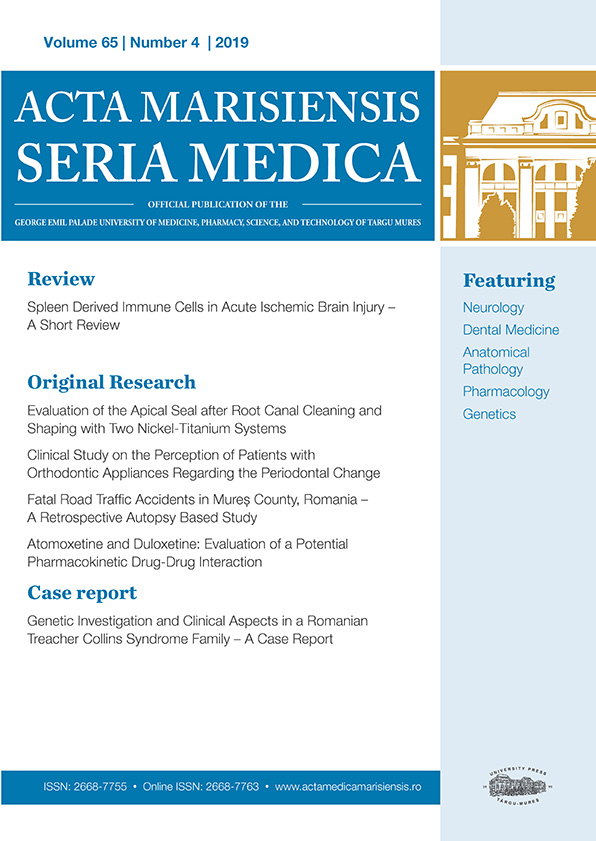The Impact of Pharmacological Agents on Neuroinflammation in Neurodegenerative Diseases
DOI:
https://doi.org/10.2478/amma-2025-0018Keywords:
Neuroinflammation, Neurodegenerative Diseases, Pharmacological Agents, Neuroprotection, Inflammatory PathwaysAbstract
Neuroinflammation is an important factor in the pathogenesis of many age-related and chronic neurological diseases like Alzheimer’s disease, Parkinson’s disease, and amyotrophic lateral sclerosis. In this review, we will discuss the potential mechanisms of neuroinflammation in these diseases by on microglia and astrocytes activation as well as several important signaling pathways including NFκB & JAK/STAT, and metabolic disorders that may influence inflammatory processes. Pharmacological treatments such as NSAIDs, minocycline and statins have had some effect however limited by low delivery efficiency of the drugs to target region well-studied in presenting disease mechanisms. Finally, the review describes new and innovative pharmacologic approaches designed to polarize microglia using state-of-the-art computational and experimental drug discovery. Moreover, the potential positive effects of natural compounds including curcumin, resveratrol and nootropics on neuroinflammation through a variety of pathways are noted. These are new methods that could lead to better therapy outcomes. However, significant challenges remain, particularly in delivering drugs across the blood-brain barrier, developing reliable biomarkers for monitoring treatment efficacy, and implementing personalized medicine approaches that account for the heterogeneity of neurodegenerative diseases. Future research should endeavor towards traversing these obstacles through interdisciplinary collaboration and innovation. Through overcoming these challenges, current and continued research can move the field closer to filling existing voids in neurodegenerative disease knowledge and bring about potentially more efficacious targeted therapies, ultimately leading to better patient outcomes.
Downloads
Published
How to Cite
Issue
Section
License
Acta Marisiensis Seria Medica provides immediate open access to its content under the Creative Commons BY 4.0 license.









